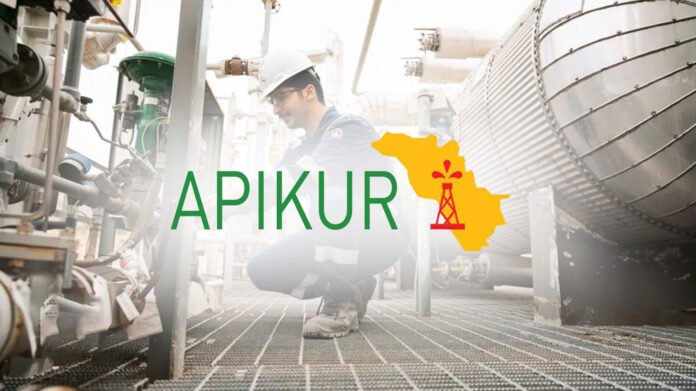The Kurdistan oil exports have entered a new phase with a payment system designed to ensure transparency and stability. The Association of the Petroleum Industry of Kurdistan (APIKUR) released details confirming how crude sales will move forward. The mechanism reflects the outcome of long negotiations and marks a vital step for the region’s energy future.
According to APIKUR, Iraq’s federal government will compensate oil delivered from Kurdistan fields to the State Oil Marketing Organization, known as SOMO. Payments will be handled through in-kind deliveries at the port of Ceyhan. In addition, a marketer chosen by international oil companies will oversee sales and transfer funds into an escrow account. This process aims to secure payments for all parties.
Furthermore, Iraq’s amended Budget Law adds another safeguard. The Ministry of Finance will provide an interim payment of $16 per barrel. This covers production and transport costs for crude delivered to SOMO. The plan offers short-term relief for companies while building confidence in the long-term arrangement.
The announcement comes shortly after Iraq confirmed a new tripartite agreement. The deal involves the Kurdistan Region, international oil firms, and the federal Ministry of Oil. Leaders from both Baghdad and Erbil highlighted the agreement as the product of months of negotiation. The Kurdistan oil exports are expected to provide much-needed revenues for both governments.
The restart follows a year of disruption. In March 2023, a Paris arbitration ruling halted Kurdistan shipments through the Iraq–Turkey pipeline. The decision required Baghdad’s approval, leaving exports suspended for months. This stoppage damaged revenues, strained budgets, and reduced Iraq’s influence in global energy markets.
Now, however, exports have resumed under clearer terms. The new system creates a stronger framework for cooperation between Baghdad, Erbil, and international companies. By establishing an escrow account, APIKUR aims to guarantee financial stability and rebuild trust. The Kurdistan oil exports are not only critical for local economies but also for regional energy balance.
Observers say the mechanism represents progress, but challenges remain. Market fluctuations, political tensions, and technical constraints could still affect stability. Nevertheless, the current deal signals determination from all sides to maintain flows.
With the new system in place, the region hopes to strengthen its role in the global energy sector. The Kurdistan oil exports are once again flowing, and this renewed momentum may reshape the financial outlook for Iraq and its Kurdistan Region.


